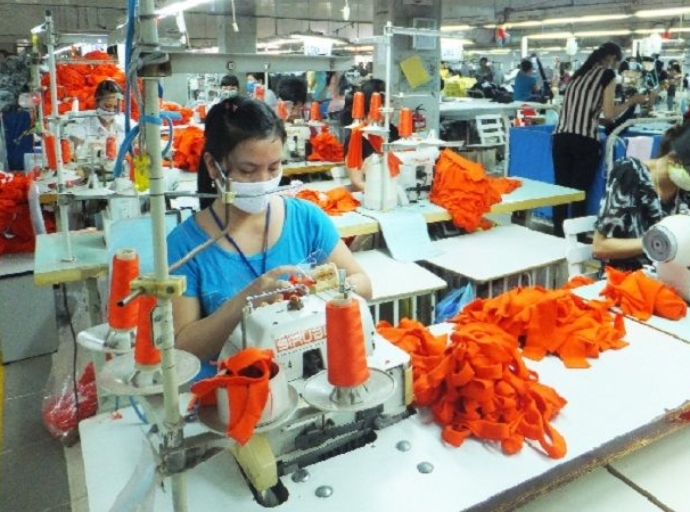British Fashion Council (BFC) has announced the provisional schedule for London Fashion Week (LFW) September 2020. The gender neutral showcase will run from September 17-22 2020 and include both digital activations on www.londonfashionweek.co.uk and physical events, adhering to Government guidelines on social distancing.
The schedule will host over 80 designers including 40 womenswear, 15 menswear, 20 menswear & womenswear and 5 accessories brands. There will be a total of 50 digital only activations, 21 physical and digital, 7 physical only and 3 designers who will activate through a physical evening event only.
This season, the schedule has been split into three sections and includes brands showing digitally, physically or both. All digital activations, will be accessible via www.londonfashionweek.co.uk.
The BFC worked very closely with DCMS to establish guidelines on social distancing to guarantee the safety of both the guests and those working at the physical events.
LFW September 2020 will kick off with Burberry, hosting a livestream on September 17, 2020.



_thumbnail.jpg)





















